Focus
Your Present Location: HOME> Focus-
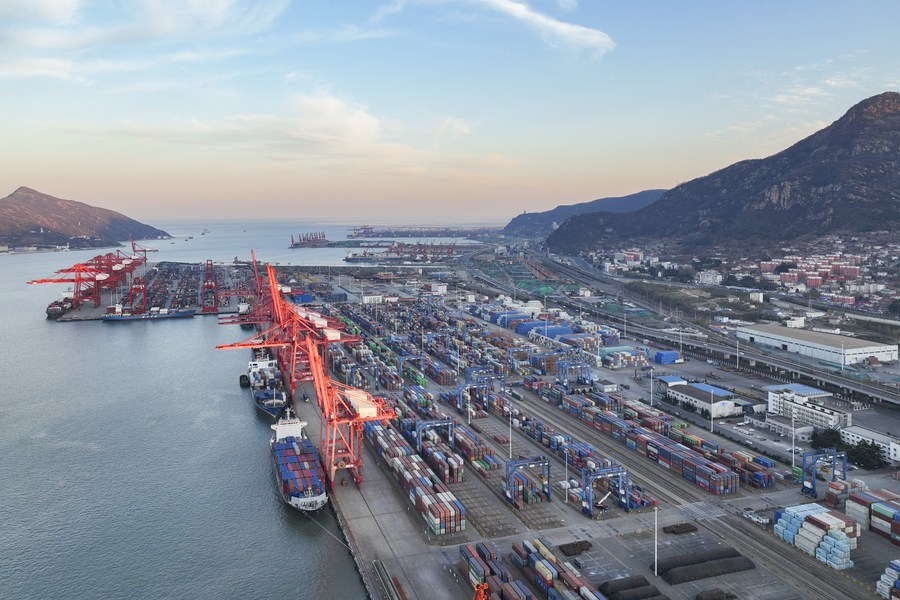
John Ross: China's economic growth, technological upgrades bring dynamic FDI inflows, says British economist
The rapid growth of the Chinese economy and its technological upgrades have explained the very dynamic inflows of foreign direct investment (FDI) in China, British academic John Ross has said.
2022-03-07 -
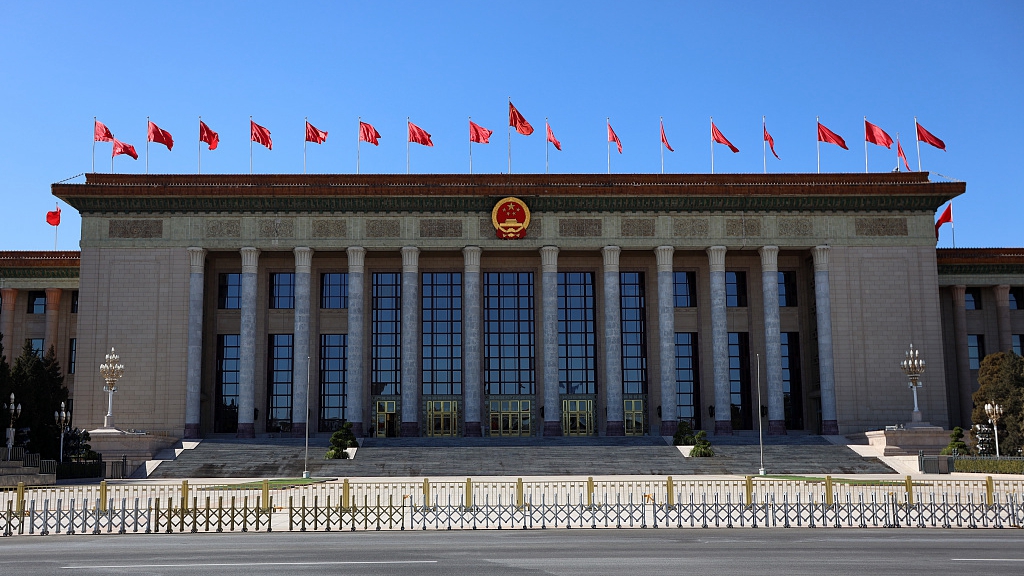
John Ross: China's 'Two Sessions' to build on success against COVID-19
Editor's note: The Two Sessions, a major event on the Chinese political calendar, is underway. We've invited experts from various fields to write articles about hot issues that help us better understand today's China. This is the third piece of our "China's Road to Development" series. John Ross is a senior fellow at Chongyang Institute for Financial Studies, Renmin University of China. He is a former director of economic and business policy for the mayor of London. The article reflects the author's opinions and not necessarily those of RDCY.
2022-03-07 -

Zamir Ahmed Awan: Media may act as a true medium of facts conveying
We make decisions based on available information. If we have not completed formation, it is very much possible to make the wrong decision. Unfortunately, in today’s world, the West controls the world’s major media, especially the Internet companies such as Facebook, Twitter, Google, and Apple in the United States, they control the global Internet public opinion. Since the conflict between Russia and Ukraine, the West has been hanging Russia in the field of public opinion. In early February, Bloomberg reported fake news that Russia had invaded Ukraine.
2022-03-07 -
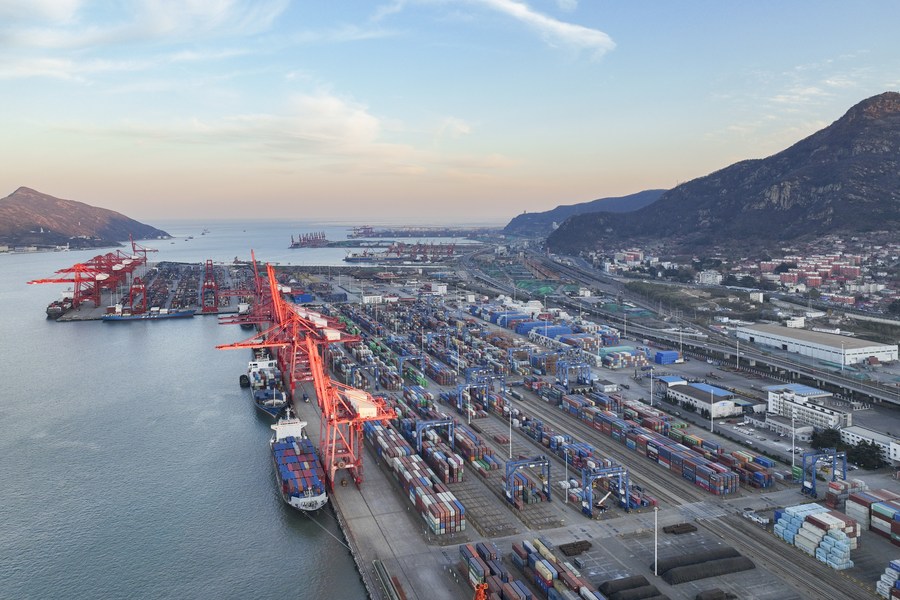
William Jones: China Will Maintain a Steady Course in a Challenging Time
China has begun the annual “two sessions” of its national legislature and top political consulative body in a very unsettled global environment. The Russian military action in Ukraine as well as the massive sanctions regime imposed by the West on Russia, a major producer of the world’s energy supply, has created a challenging environment for any country to make plans for the future. Nevertheless, in his government work report, which traditionally begins the legislative period, Premier Li Keqiang expressed confidence that China would remain on a course of stable development. This is also the year for the convening of the 20th National Congress of the Communist Party of China (CPC) which will determine the leadership team going forward and lay out the blueprint perhaps for the next decade or longer.
2022-03-07 -

Vijay Prashad: Russian invasion of Ukraine sparking more outrage than any other war
Surprise and horror have defined the reaction to the Russian military intervention in Ukraine. That's likely because although the intervention has followed the contours of a modern land war, it has also marked a break with the past in a number of ways. The world has become used to military interventions by the United States. This is, however, not a U.S. intervention. That in itself is a surprise - one that has befuddled reporters and pundits alike.
2022-03-04 -
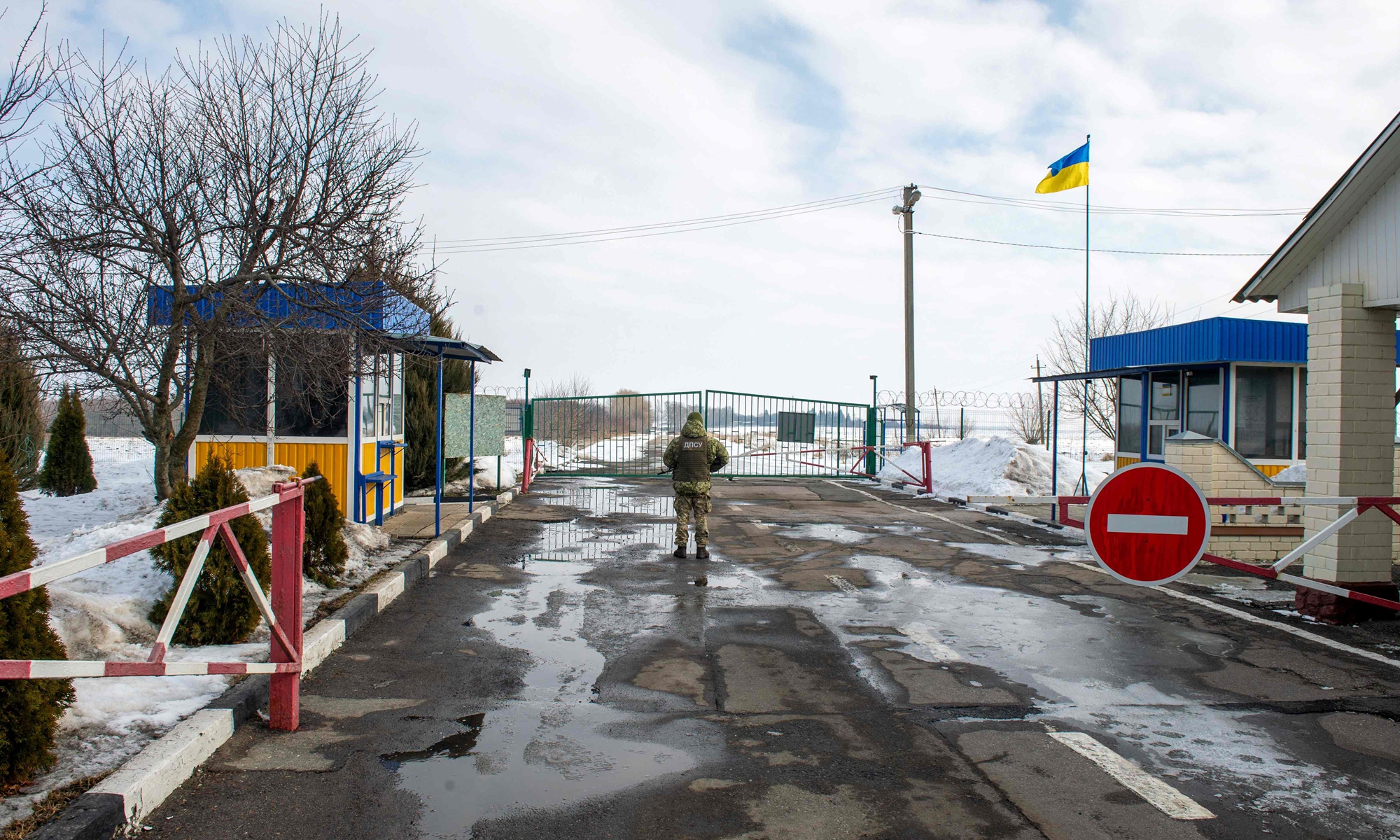
Wang Yiwei: Blinken's visit will not ease tension, but destroy basis of Ukraine-Russia dialogue
US Secretary of State Antony Blinken will visit Belgium, Poland, Moldova, Latvia, Lithuania and Estonia from March 3 to 8, the US Department of State announced on Wednesday, which experts said may stir up the situation and destroy the basis of dialogue between Russia and Ukraine.
2022-03-04 -

Dong Shaopeng: West's 'absurd' sanctions on Russian people, animals mocked as venting of ager
The scale of sanctions on Russia over the Ukraine crisis has been expanding into sports, culture and even education, which usually hold politically neutral stances. Chinese experts and netizens ridiculed the abuse of unilateral sanctions, which have become a means of political correctness of punishing Russia with both symbolic and concrete measures. Some considered that such absurd sanctions or boycotts of Russian people reflect an abnormal hatred, which won't help solving the Ukraine crisis.
2022-03-04 -
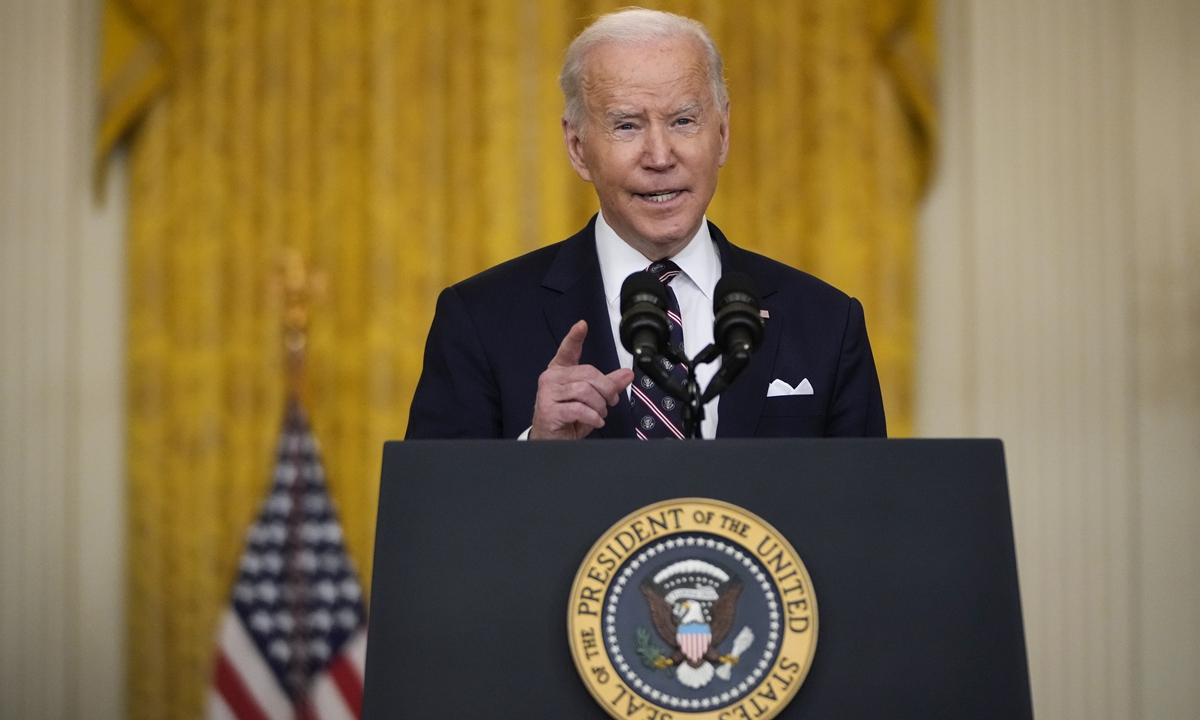
Diao Daming: Biden fails to use Ukraine crisis to cover partisan struggles in US
US President Joe Biden finally made his delayed State of the Union address local time Tuesday night, devoting a significant portion of the speech to the Russia-Ukraine conflict, and mentioning China only twice while talking about international competition on the economy and technology.
2022-03-03 -
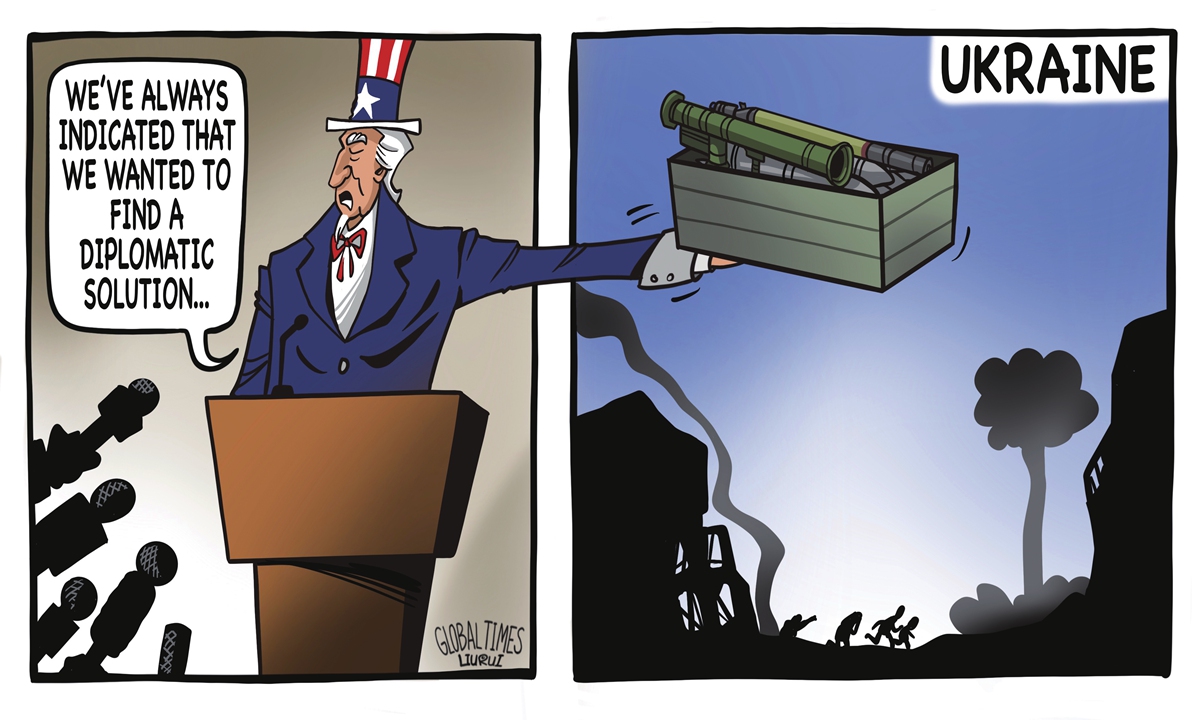
He Weiwen: US economy is reaping benefits from the Ukraine crisis
Brent crude futures rose to $98.11 a barrel in London on Monday, up 4.4 percent. The price of gold exceeded $1,900 an ounce while the euro and pound fell 1.25 percent and 0.6 percent, respectively, against the US dollar. The offshore Chinese yuan fell 145 basis points against the dollar and the Russian currency plunged from 83 rubles on February 25, to 117 rubles per dollar three days later.
2022-03-03 -
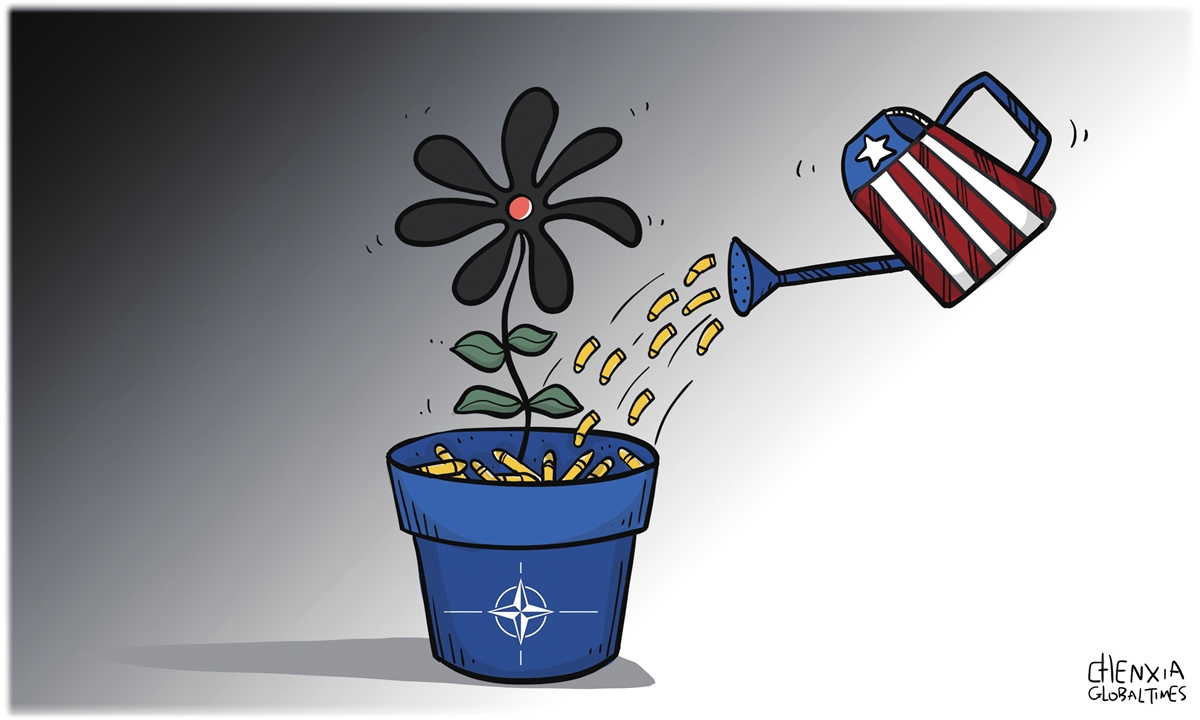
Ding Gang: Cold War only half over and part two has begun
2022-03-03 -
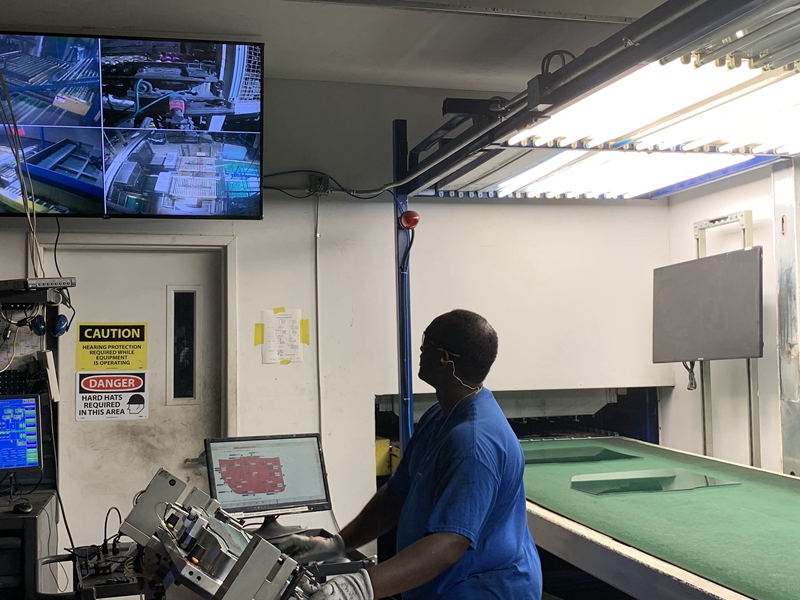
Liao Qun: Chinese and US enterprises are upbeat about the future
During his icebreaking visit to China in 1972, U.S. President Richard Nixon was invited by Chinese leaders to recommend the best American enterprises from 10 sectors to drive economic exchanges between the two countries. Honeywell UOP, a supplier and licenser of petroleum refining solutions operated by technology and manufacturing giant Honeywell International Inc., was the only company in its field named by Nixon.
2022-03-03 -

Zamir Ahmed Awan: World keeps a close eye on China’s upcoming ‘Two Sessions’
The “Two Sessions” is an annual event and is usually held in March every year, when thousands of Chinese lawmakers participate in devising the future course of action in every dimension of China's development and its people's wellbeing.
2022-03-03 -
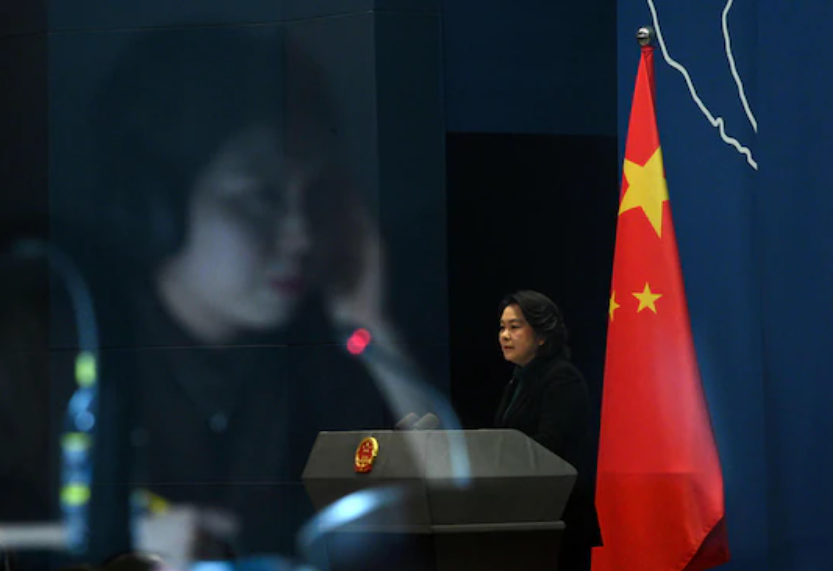
The Washington Post: China, seemingly surprised by sudden Ukraine incursion, denies backing Russian attacks
China on Thursday denied backing Russia’s military assault in Ukraine as it trod a cautious line in response to a conflict that many Chinese analysts just days before were predicting wouldn’t happen.
2022-03-02 -
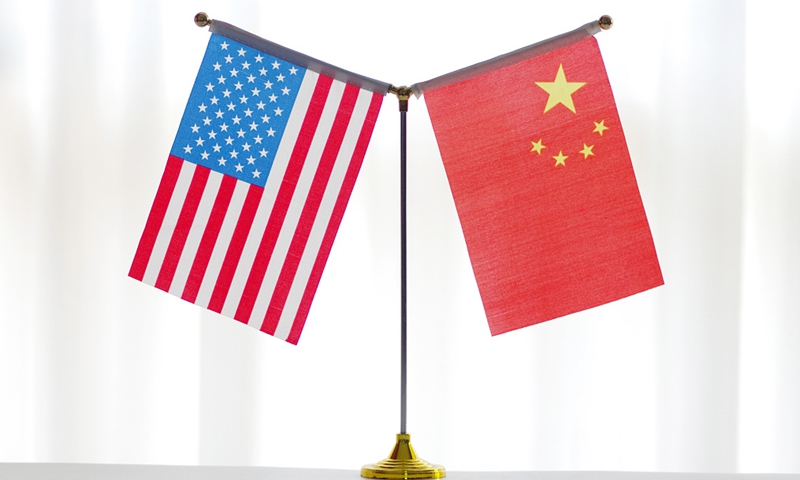
Diao Daming: US urged to respect one-China principle, 'absorb wisdom' from Shanghai Communiqué
2022-03-02 -

Francis Fukuyama: Ukraine, Looking Backward and Forward
Now that Russia has launched its massive invasion of Ukraine, it might be useful to look back at some of the discussion in the West prior to this event, and to think ahead to what may come next.
2022-03-01 -
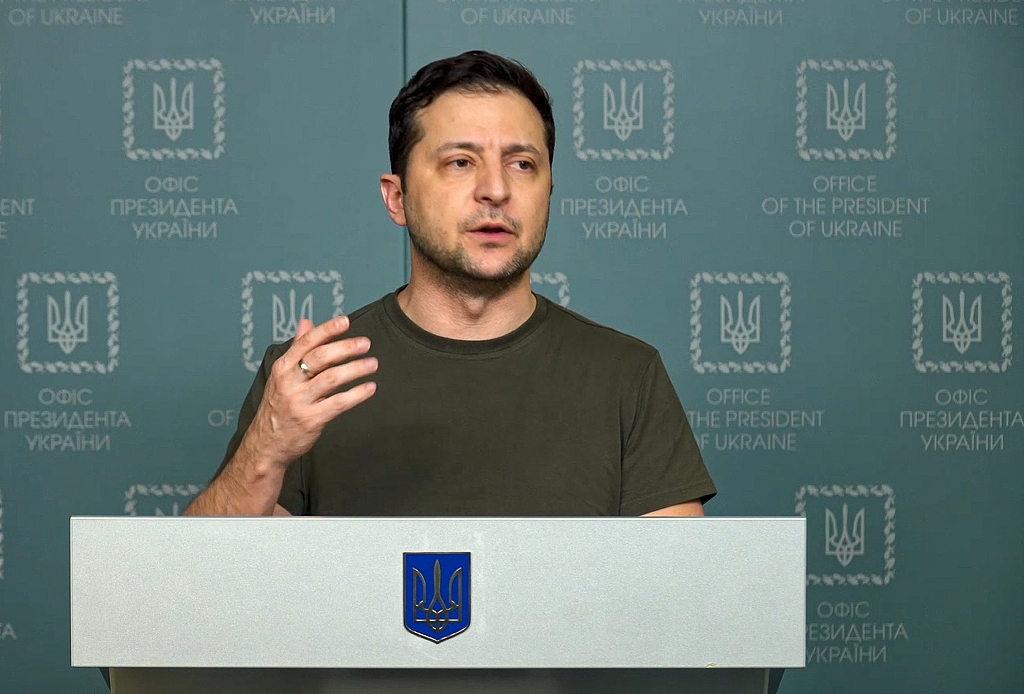
He Weiwen: Fundamental solution lies in neutral status of Ukraine
All eyes are on the Russia-Ukraine military conflict, which has become the top news around the world these days. Leaders of the U.S., NATO and EU states have all condemned Russia and announced a set of most severe sanctions.
2022-03-01 -
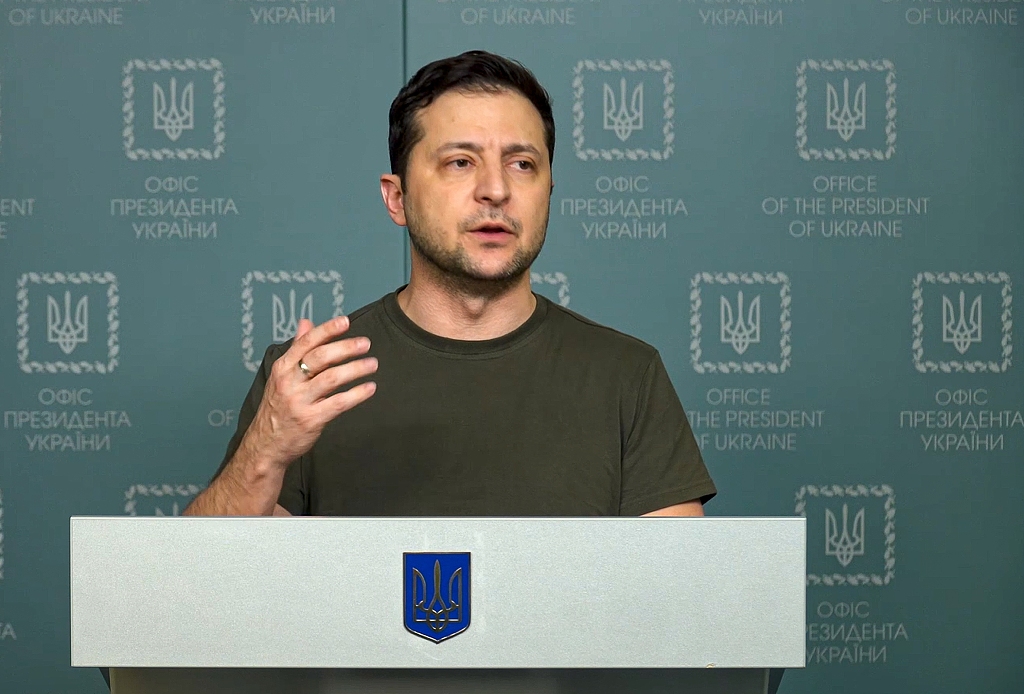
Wang Yiwei: Kiev, Moscow talk amid conflicts; low hope for 'major breakthrough'
High-level talks between Kiev and Moscow finally began in the Ukraine-Belarus border on Monday. Chinese experts acknowledged the significance of the talks, which at least reflected some willingness from both sides, but predicted that hopes were not high for a major breakthrough during the first round of the talks as the conflict has reached its fifth day.
2022-03-01 -
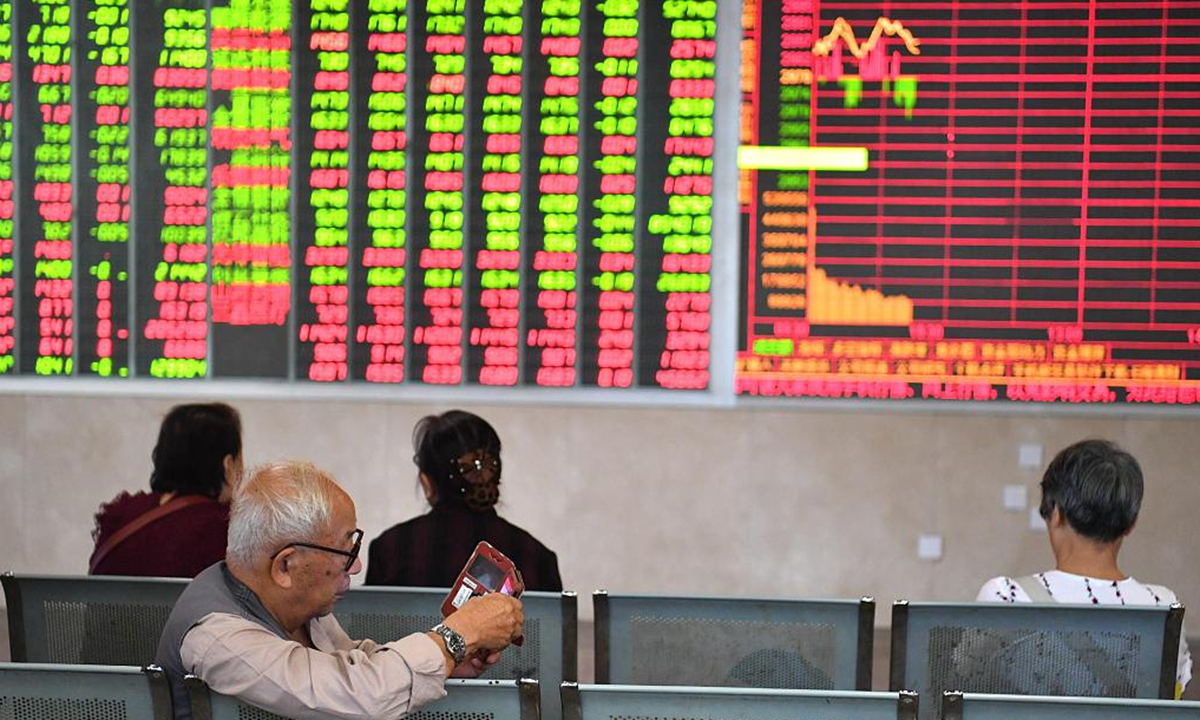
Dong Shaopeng: Total stock accounts exceed 200m, indicating attractiveness of Chinese equities
The number of stock accounts in China's A-share market has exceeded the 200 million mark for the first time, indicating the growing attractiveness and influence of the nation's capital market, as well as the yuan's appreciation, experts said.
2022-02-28 -

Carlos Martinez: Responsibility for Ukraine crisis lies in Washington and Kyiv, not Moscow
Contrary to the superficial analysis in much of the Western media, the escalating crisis in Ukraine is not a product of any psychopathology on the part of Vladimir Putin. Nor has it emerged out of thin air. It represents the culmination of a storm that has been brewing for many years.
2022-02-28 -
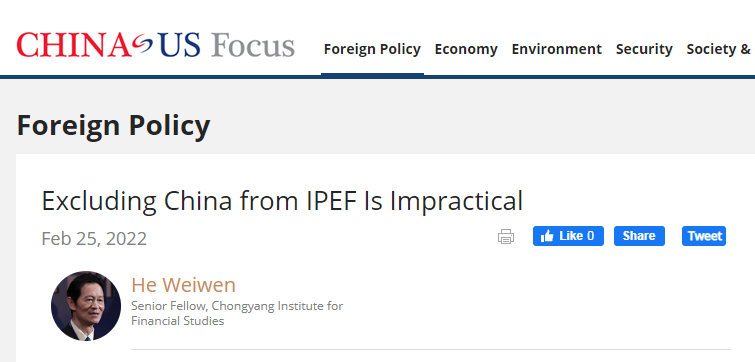
He Weiwen: Excluding China from IPEF Is Impractical
U.S. Commerce Secretary Gina Raimondo recently said the United States is launching discussions with Indo-Pacific countries regarding its Indo-Pacific Economic Framework, or IPEF. She made it clear that U.S. will not be joining the CPTPP or other regional free trade arrangements.
2022-02-28
























































































 京公网安备 11010802037854号
京公网安备 11010802037854号





